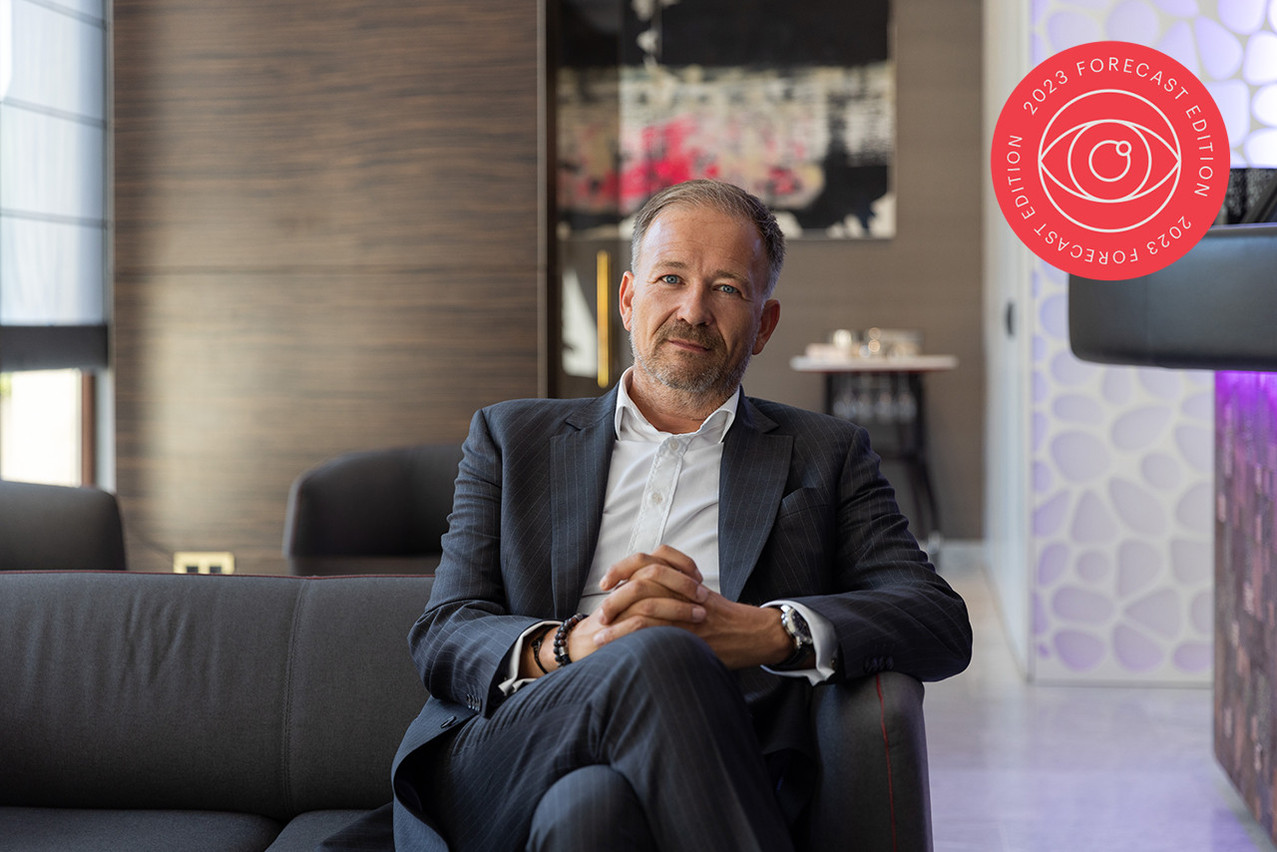“Visibility is close to zero and we’re working with various business cases,” said Kordes. “That’s why it’s important to take a long-term view.”
Luxempart, which invests for the most part in the DACH region plus France, is able to take long-term investments, sometimes as a minority shareholder, thanks to investing from balance sheet. This puts it in a better position than the traditional PE model locked in its cycle of fundraising and divesting.
“We have 8-10 years in front of us, whereas [traditional] PE has a shorter investment horizon,” Kordes clarified.
And although interest rates are high, leverage in PE is lower than it was in the last crisis of 2008-2009. “Businesses taking a long-term view are capable of paying for [the higher interest rates],” said Kordes.
Meanwhile, uncertainty still brings big opportunities. “You can use the time to work on your portfolio companies,” he added.
For new deals, the necessary market shrinking at a time of high inflation has bestowed a Darwinian advantage on the best. “The deals that get done are top-notch assets.”
